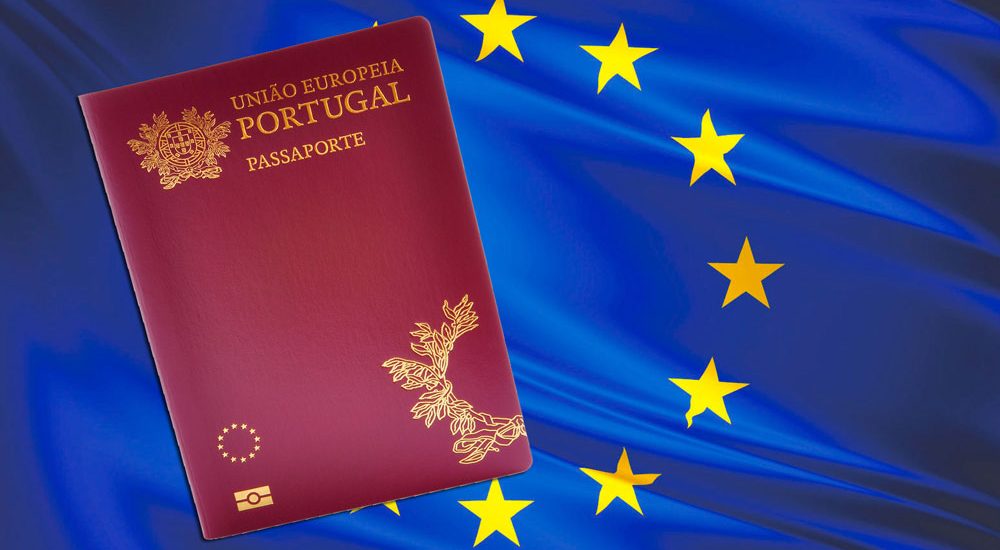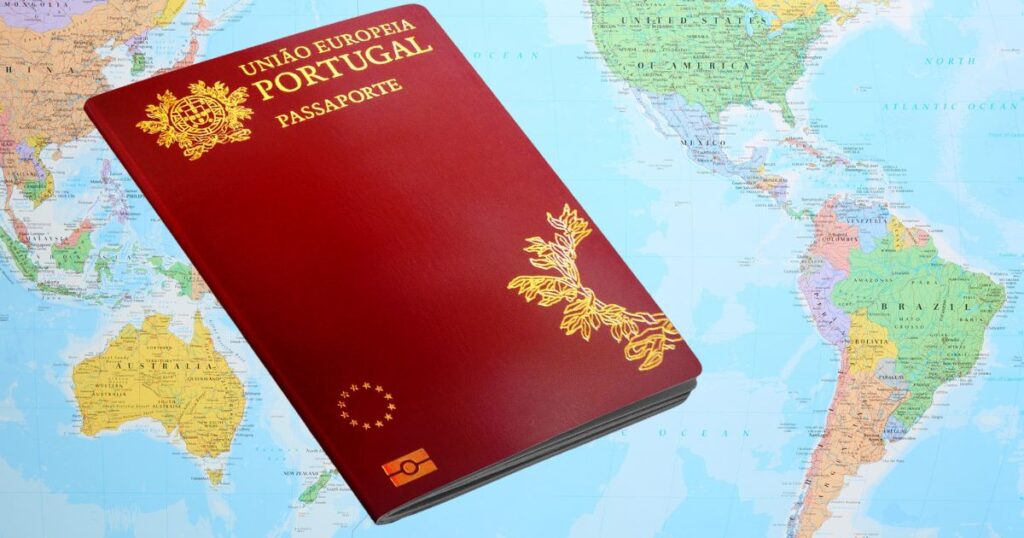Citizenship represents a formal commitment to a country and its values. Establishing a genuine link shows that a good citizen is committed to being an active and engaged member of that society.
Establishing a genuine link shows that an individual is committed to being an active and engaged member of that society. A genuine link often involves a strong connection to the country’s culture, history, and way of life. This helps ensure that the individual can integrate successfully into the society.
Citizenship should be based on a ‘genuine link’ with the state. The concept of genuine link can only be explained through Nottebohm case which shook the foundations of modern citizenship for decades. Genuine link is defined by the International Court of Justice (ICJ) in the Nottebohm case (1955), citizenship is ‘a legal bond having as its basis a social fact of attachment, a genuine connection of existence, interests, and sentiments, together with the existence of reciprocal rights and duties’. It is one of the basic foundations for becoming a ‘Responsible and Good citizen’. Without establishing a genuine link, the bond between citizen and state becomes ‘weak link’ making it easy for the state to revoke citizenship. As a result, citizenship awarded without genuine links can be revoked easily, as in case of citizenship by investment.
One Drawback is applicants for Citizenship by investment programs never and not consider establishing genuine link or bonding with the state, thinking that their relationship with the state is “over”, after receiving the passport. It doesn’t end there. In the EU, it is impossible to acquire citizenship without satisfying genuine link criteria (it does not matter how much you invest). All other countries do not strictly enforce this criteria with CBI. It is not required for the main applicant to reside constantly.
The problem with not establishing deep bonding with the state is the newly acquired citizenship becomes ‘weaker’ with no ties to the country. This also makes a good reason to get citizenship revoked. We always tell our clients to learn a thing or two about the country, atleast they should be able to locate the small country in the map.
In his paper by Marco Mazzeschi, warns Second passport seekers without establishing a genuine, real and effective bond of attachment with the State which grants the second nationality (especially when the acquisition of a second citizenship is mostly driven by fiscal reasons) their costly shopping can result in an empty bag.
EU has warned national and EU citizenship should not be awarded without any genuine link with the state. Viviane Reding, EU Justice Commissioner said Member States should only award citizenship to persons where there is a “genuine link” or ‘genuine connection” to the country in question.
Ways to Establish Genuine Link
A genuine link can be established the following actions. These are some of the examples of bonding strong with a country. You must prove with these evidence at the time of applying for citizenship.
- Visit or frequent trips to the country, or live as Long term resident with permanent resident status
- Invest in real estate (eg. buying or rent a home)
- Pay utility bills (eg. gas, water, electricity)
- Pay local taxes (personal, corporate or duties),
- Invest in healthcare sector (eg. hospitals)
- Investing in state issued debt (eg. government securities, bonds and shares)
- Knowledge in history and Integrating fully to culture and people.
- Speaking and writing the local language.
- Donations to charity or philanthropy work (possible through consulates abroad)
- Club memberships.
- Blood donation camps (eg. Redcross)
- Education sector (establish colleges, schools and universities)
- Invest in climate resilience and disaster management (eg. hurricanes)
- Participation in public life, serving government or politics
- Establish Family ties with the country (eg. marrying)
- Bring Innovation, Research and development, and new technologies benefiting local people
- Incorporate a new company and creating jobs for local citizens (eg. shops)
- Serve in Police, Armed forces or military service.
- Shipping, Yacht registration and ownership.
- Private jet and aircraft services
- Manufacturing plants (eg. water distillation, mining, wood processing)
- Investing in Transportation and logistics (eg. courier)
- Advisory in Information Technology services towards a digital future
In summary, establishing a genuine link with a country for citizenship is a way to ensure that individuals acquiring citizenship are genuinely connected to the nation, bring a sense of belonging, commitment, and responsibility for citizens, while positively contributing to the social and economic development of the nation as a whole.





